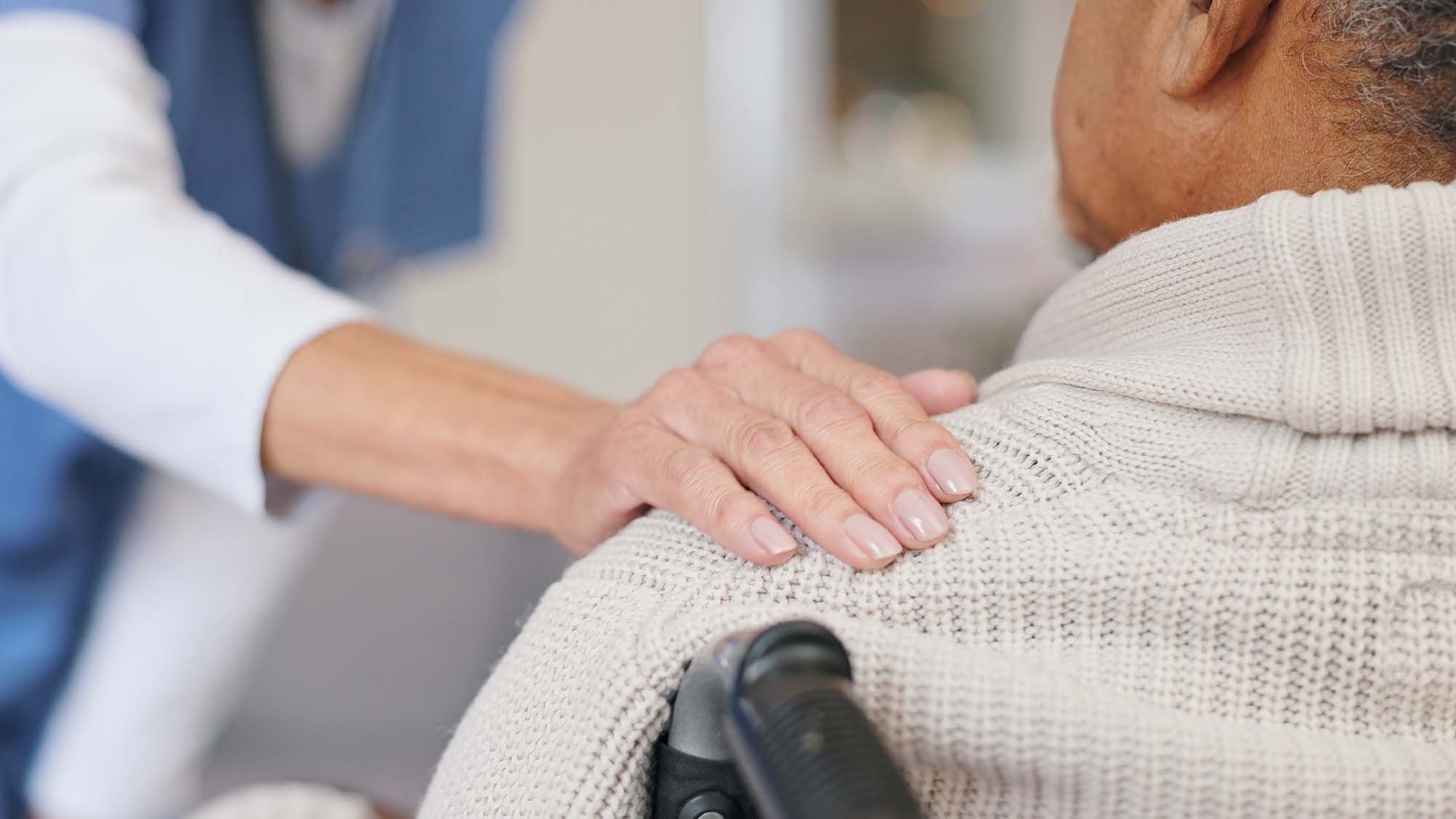
Helping with recovery
A fall can happen to anyone, anytime, and have serious consequences. Find out what to do if it happens to someone you care for - and the best ways to go about helping them.
Last updated 28 April 2025

A fall can happen to anyone, anytime, and have serious consequences. Find out what to do if it happens to someone you care for - and the best ways to go about helping them.
Last updated 28 April 2025
Falls are the most common cause of injury in older adults. A fall can happen anywhere and have serious consequences – not just for the older adult, but also for friends, whānau, and family caring for them. Follow these guidelines to help an older adult recover after a fall.
When an older adult falls, they are more likely to have injuries such as a concussion or broken bones. This means they may lose their independence and need someone to care for them. It pays to know what to do if they have a fall.
If an older adult has a fall, here’s what to do straight away:
Reassure them and be alert to any immediate dangers to both of you.
Get down to their level and assess the situation.
Check if they are breathing:
If there is no obvious injury or medical cause for the fall:
Concussion is a brain injury. You don't need to knock your head or even lose consciousness to experience a concussion. If you suspect someone you care for has concussion, contact their doctor as soon as possible.
As well as the immediate injury from the fall, the person you care for may also experience physical, emotional, and psychological issues on an ongoing basis.
Most falls don’t result in a serious injury. But when they do, older adults can take much longer to recover. Fractured bones and brain injuries can lead to hospitalisations, surgeries, and long rehabilitation processes, which prevent them from living their lives to the fullest.
For older adults who live alone, the prospect of falling isn’t just the possible injuries – it’s that they may not be able to get themselves back up. After a fall they may be trying for hours to get someone’s attention for help. It’s a traumatic experience and can lead to them withdrawing from everyday activities and social life out of fear of falling again.
One fall can trigger an ongoing fear of falling, as well as anxiety and depression. Think of it as a form of post-traumatic stress disorder (PTSD). Fear can take over, so it’s important to keep an eye on someone who has had a fall, note any changes in their state of mind, and talk to their doctor about getting them the right support.
There are many different things that can cause a fall. It may be hazards around the home, poor eyesight and hearing, a lack of good quality sleep, or medications making them feel drowsy or dizzy. But with the right knowledge and planning, it’s possible to reduce an older adult’s risk of falling and help them stay safer.
Also known as bedsores or pressure sores, pressure injuries can develop quickly if someone stays in one position for too long. It often happens on bony areas such as the hips, heels, or elbows and usually when they are sitting or lying down. These can lead to infections, pain, and reduced mobility. It can be painful and difficult for the older adult and the people caring for them.
Helping to prevent pressure injuries
Many falls happen because muscle mass deteriorates with age. One way to reduce the impact of this natural ageing is to keep fit and active. Regular exercise not only helps older adults build and maintain their strength and balance, it’s also good for their mental health. If an older adult has had a fall, encourage them to get back on their feet and active again as soon they can, if they can physically do it.
Community Strength & Balance classes
There are many other considerations when it comes to taking good care of older adults and helping them to take good care of themselves. Eating healthily, having a good support structure in place, as well as making sure their home environment is a safer place to live.
For more information on taking good care of older family and whānau, visit the following websites: